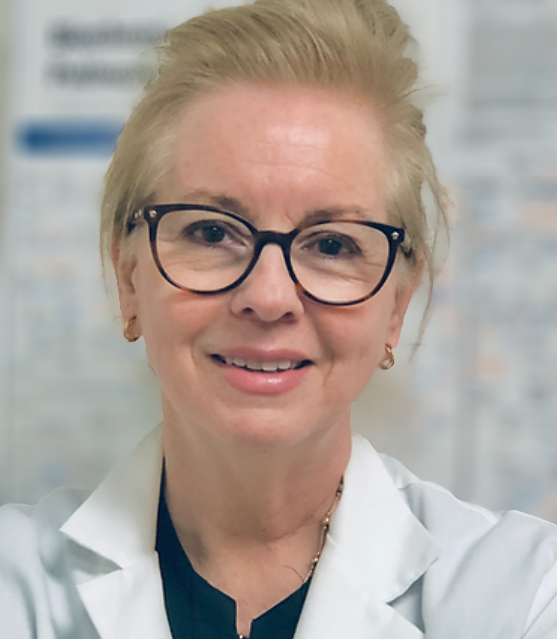Dr. Karen Harum, a Neurodevelopmental Pediatrician, is the founder of The Clinic for Special Children in Wilmington. Her practice strives to provide accurate diagnosis, whole-child treatments, specialty care, and consultation for children with developmental disabilities and behavioral problems, including special expertise in the neuroscience of learning and autism. As her nominator, Practice Manager Pasha Krise, shares, “Dr. Harum is the most dedicated pediatrician that we have known. She is adored by her patients, many of whom have high special needs and behaviors that would scare other physicians. In those times, she leans in. She spends countless hours after her practice is closed to help parents and children in crisis.”
“As a leader in her practice, she is cultivating the next generation of selfless clinicians, urging them to look at whole-child healthcare and teaching them to manage patients with compassion and firm direction. Dr. Harum motivates her full staff by being an example of dedication to patient care and family care in determinants of health. She also motivates parents of the special needs community to advocate for services, offers preventative care, to treat brain damage and disease with hope for the hopeless. This often means just one word from a wordless child, but through a wide range of medicines and therapeutic care, families champion the small milestone for their children. Dr. Harum inspires and leads the Special Needs community and her small staff, teaching younger staff to lean in the hopeless, and offer compassion, humanity, and understanding. She does not shy away from long hours and has grit and determination for her Clinic, staff, and patients. Dr. Harum, as attested by her patients and staff, is the definition of a leader in the neurodevelopmental field in NC, and she is dedicated endlessly to her patients. She motivates and inspires both caregivers and staff to step up and into the role as the new generation of clinicians and role models who put our special needs and the most vulnerable populations’ needs first.”

